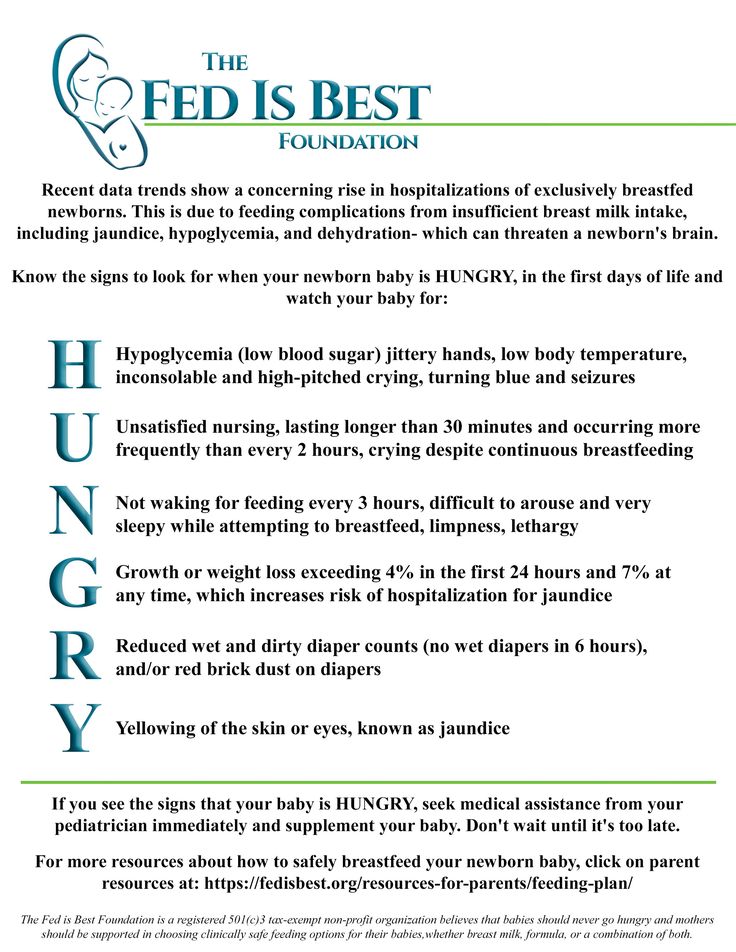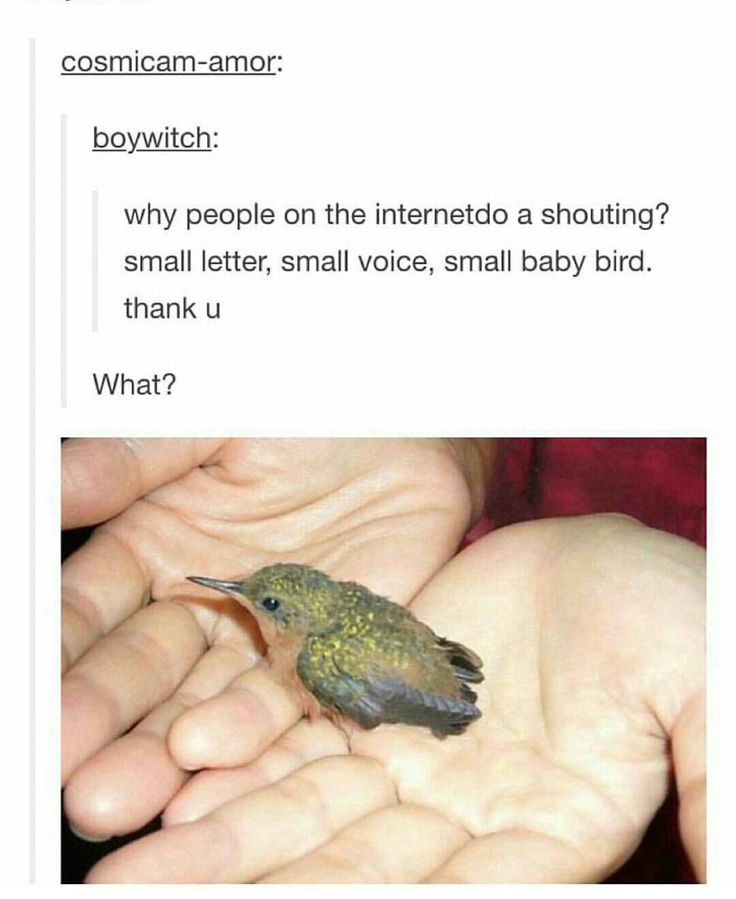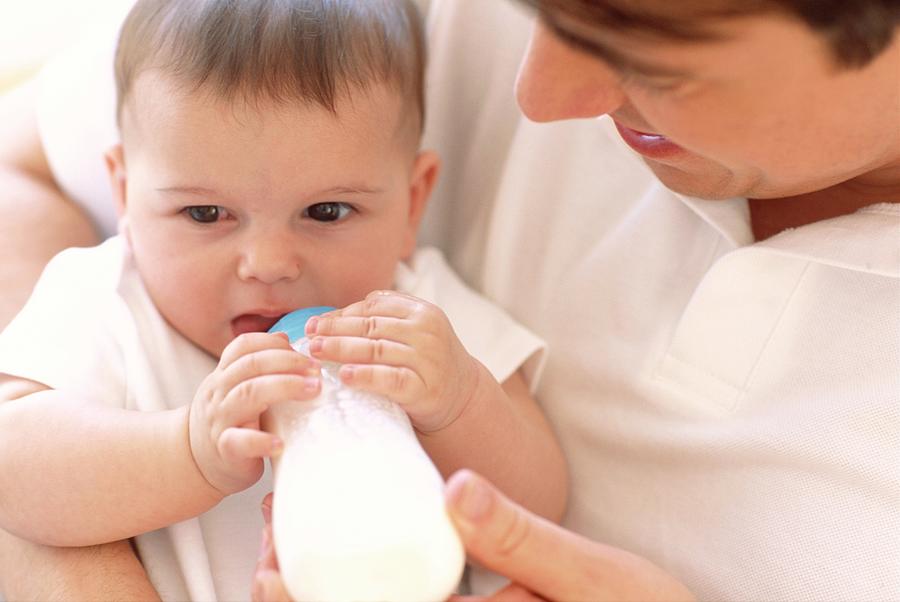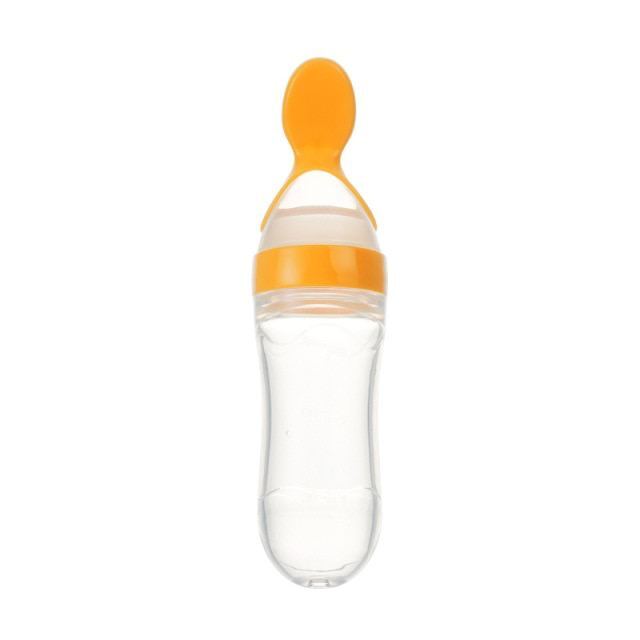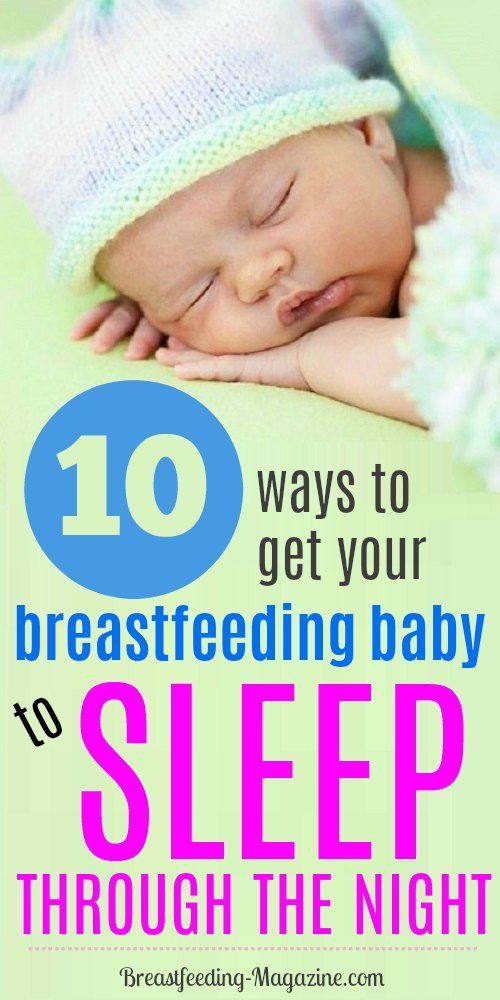My baby is feeding every hour
What To Do When Baby Is Feeding Every Hour (& Not Sleeping!)
What's in this post...
Is your baby feeding every hour and not napping or sleeping well? Here’s how you can handle when your little one nurses nonstop.
First let me say, mama, that the newborn period can be rough.
You feel like you were a normal human just a few short weeks ago and now, well, you’re a walking milk producer and baby just won’t settle.
You’re exhausted, weary, and ready for your newborn to sleep.
➡️ The good news is this: with a few tweaks you can stop feeding every hour.
Here’s why your baby feeds every hour
If your baby feeds every hour, they are “snacking.”
Snacking means they are drinking enough fore milk (the less nutrient dense milk that lets down first) that they are filled up enough to doze off in mama’s arms.
Or, some babies, will stop feeding after a few minutes and just stare up at you with those Big Newborn Eyes👼.
Either case… baby is snacking instead of taking a full feed.
Read These While You’re At It
How to get your baby to stop feeding every hour
If you want your baby to take full feeds, the first thing you need to do is get them on a proper newborn breastfeeding schedule.
You aren’t going to become a slave to the clock, but you’re going to stop the snacking.
Instead of cluster feeding on purpose, right now, you’re cluster feeding by accident.
How do you do that?By only feeding baby every 2.5 to 3 hours and then, at those feeds, giving baby full feeds.
Newborns will naturally only need to feed every 2.5 to 3 hours if they’re taking full feeds each time.
If your baby has a habit of snacking, they will not be the ones to stop it, you’ll have to.
Newborn Feeding Chart
Use this simple printable chart to track your feeds to make sure baby is fed, your supply is up, and everyone is well.
Here’s how to keep baby awake during breastfeeding
When baby feeds for 5 minutes then nods off, you’ll need to swoop in and keep baby awake.
This will help baby get as much milk in as possible and will help them to take better naps.
- Rub baby’s cheek
- Rub baby’s hands or feet in circular motions
- Unswaddle baby (a must if you want to avoid day night confusion)
- Use a wipe or wet wash cloth to rub on baby during feeds
- Stop feeding and hold baby up, speaking to baby
- Take baby outside or somewhere that’s a change of scenery
- Make noise, get near siblings, talk to baby
- Keep the lights on
Read: Is Sleep Training a Baby Bad or Dangerous? Let’s Talk Facts!
The reason baby doesn’t sleep well when they feed every hour
Your little one will likely not take good daytime naps if they are not taking full feeds.
They aren’t full enough to stay drowsy and asleep as they transition sleep cycles.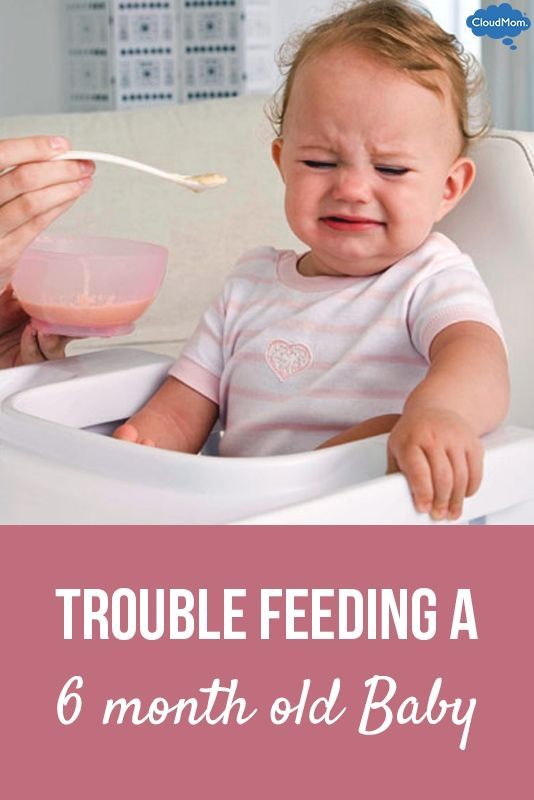
When they transition from active to passive sleep (or vice versa) if they aren’t full and are hungry, instead of just continuing the nap, they’ll become fully alert and ready to feed.
And then, because they only took a short nap, when you feed again for 5 to 10 minutes, they’ll be lulled back into a sleep.
➡️ Continuing the cycle of accidental cluster feeding and an overtired baby.
Related Reads:
- The Biggest Baby Sleep Myth That Backfires Every Time (And Makes Over Tired Babies)
- The Ultimate Guide To Baby Sleep Times (Naps & Bedtime)
How to stop the cycle and get on a good routine
The first thing you need to do is to stop baby from snacking every hour.
Encourage full feeds.
If baby is older than 6 weeks and wants to feed after one hour, consider offering a pacifier (we use these stuffed animal ones) instead.
This may help baby get back to sleep for a longer nap, and will mean the next time you feed baby will be hungry enough to eat a full feed.
Do the best you can.
Baby has been in the snacking habit and may resist the change, but eventually you’ll see that you have a far less whiny baby on your hands when they have full tummies and are well rested.
Read: 8 Reasons You’ve Got A Whiny Baby And What To Do About It
Sleep Little Lamb
Create sustainable sleep habits for your little lamb so the whole family can sleep peacefully without the stress, drama, and tears.
Learn More
How to get your newborn to nap better
After you make sure that baby has full feeds, you’ll want to work on the napping…
I encourage you to read my full post on baby sleep here – Foolproof Baby Sleep Tips — Routines, Habits & Strategies.
@amotherfarfromhome Follow for more tips like this one! #newmommas #momstrugglesbelike #tipsformom #mommingit #sahmom #parentcoach #mommingallday #newbornbabytips ♬ Sunroof – Nicky Youre & dazy
Here is how to approach napping with your baby:
- Newborns should only be awake for around 45 to 90 minutes at a time (including feeding!) so your newborn routine and your newborn sleep schedule should have a nap after every single feed.

- Don’t rock baby to sleep in your arms and then try to put him in the crib because when he transitions through the sleep cycles he’ll realize he’s not in your arms… and he’ll wake up early.
Read: The Top 10 Indicators It’s Time to Sleep Train
- Establish a basic routine with your baby. You can follow this newborn routine here or modify it slightly.
- Put your baby to sleep drowsy but awake.
- Establish some wind down routines for your little one prior to nap.
- Focus on cluster feeding in the late evening hours which will help baby top up and sleep better throughout the night.
- Identify any sleep props your baby has (things that prevent him from transitioning and sleeping well on his own) and replace those with sleep associations.
28 Things To Do If Baby Won’t Sleep CHECKLIST
Here’s a handy dandy list of 28 things to try so baby will stop fighting sleep and sleep longer and later.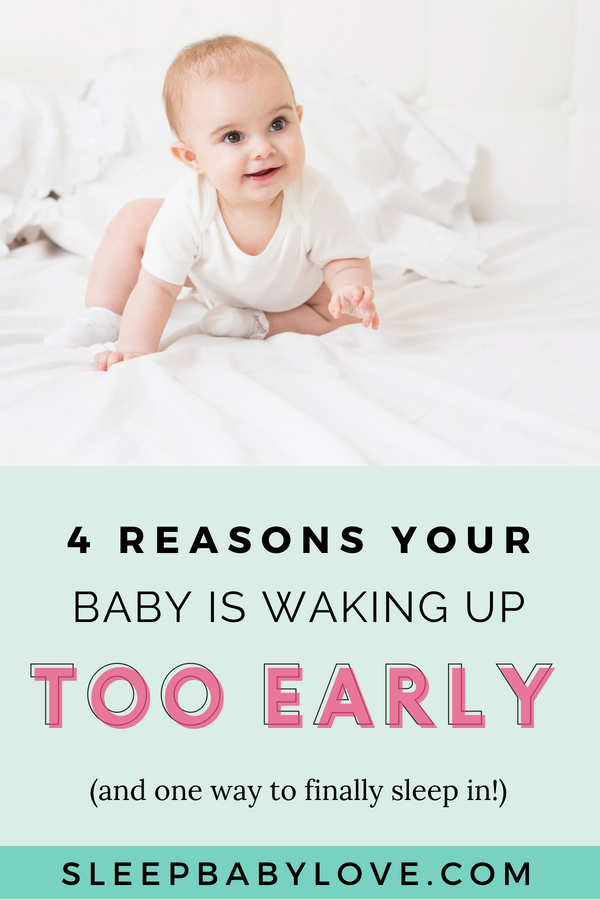
Recap and FAQ… How to get baby to stop feeding every hour and start sleeping
Why does my baby feed every hour?
Short answer… because you let him. Encourage baby to take full feeds and then baby won’t need to feed sooner than 2.5 or 3 hours between feeds throughout the day.
Perhaps even less at night.
Is ten minutes a full feed?
Probably not.
If baby will feed for ten minutes then nap and wake up to feed around 2.5 hours later, it might be.
My daughter fed no longer than 15 minutes per feed, but she could go 3 hours between feeds so, for her, it was a full feed.
Why does my baby want to breastfeed constantly?
If your baby wants to feed constantly, but never feeds that much, then it’s likely an association between feeding and comfort.
You can create other positive associations by cuddling, singing, rocking, baby massage, and other things that will help you to feel bonded to baby (so you can enjoy baby now!) but not be open for milk business all day.
Is feeding every hour cluster feeding?
Yes and no.
Cluster feeding is generally something a breastfeeding mother does on purpose in the late afternoon early evening period (feeding every 2 hours, say) to help give baby all the nutrients he needs so he will sleep later and longer.
Feeding every hour is more like an accidental cluster feeding and if baby isn’t having full feeds then it’s more like Comfort Nursing, not cluster feeding.
About those growth spurts…
Do babies feed every hour when they are going through a growth spurt?
If your baby is going through a growth spurt they will want to feed more often.
This helps your milk supply increase. It’s how you can know if baby is getting enough milk.
If baby is feeding every hour two and taking these feeds seriously – full feeds – then it’s likely a growth spurt or milk supply issue.
Or if baby is trying to feed every hour or two and only feeding for five minutes here or there, it’s not likely a growth spurt.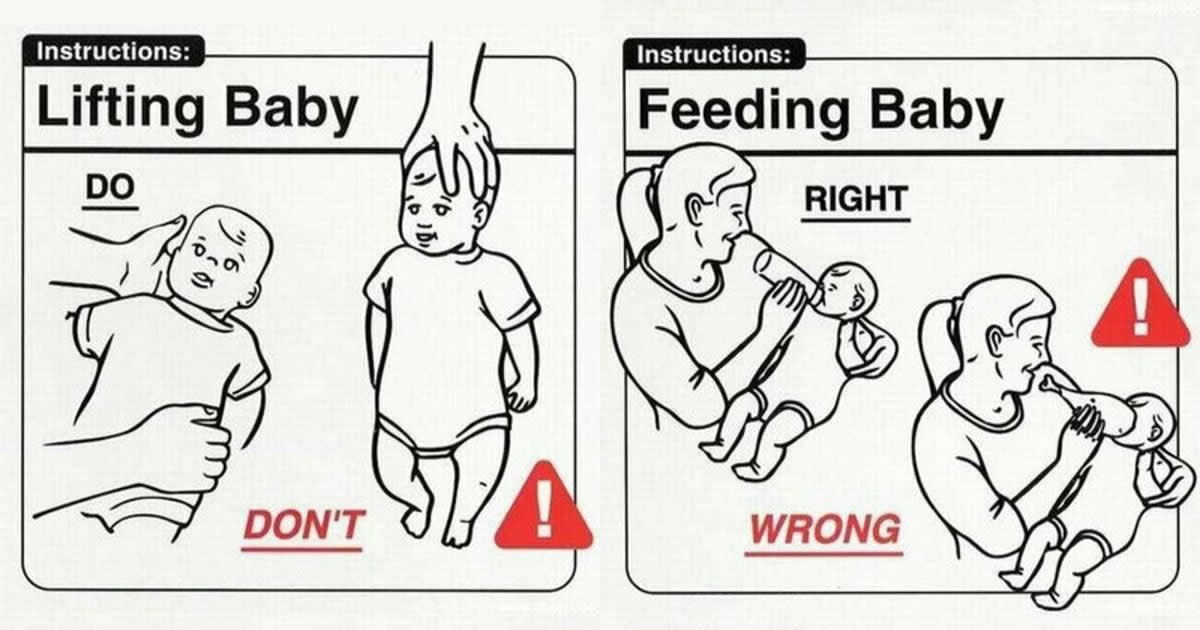
Why does my baby nurse for 5 minutes and then cry?
This could be a number of things.
Baby could have reflux or you could have hyper-lactation.
Baby could have uncomfortable gas.
Or baby could have a food sensitivity to something you’ve eaten. If this persists past a few days, I’d go in to the doctor and rule out the above causes.
Newborn Feeding Chart
Use this simple printable chart to track your feeds to make sure baby is fed, your supply is up, and everyone is well.
Milk supply?
Why does my baby always seem hungry and never satisfied?
This could be your milk supply. Here’s how to know if baby is getting enough milk.
Could be that baby is going through a growth spurt which means baby is more hungry.
Baby might be teething and eating is not comfortable so he’s not feeding well and in pain. Try pain management for babies who are going through teething.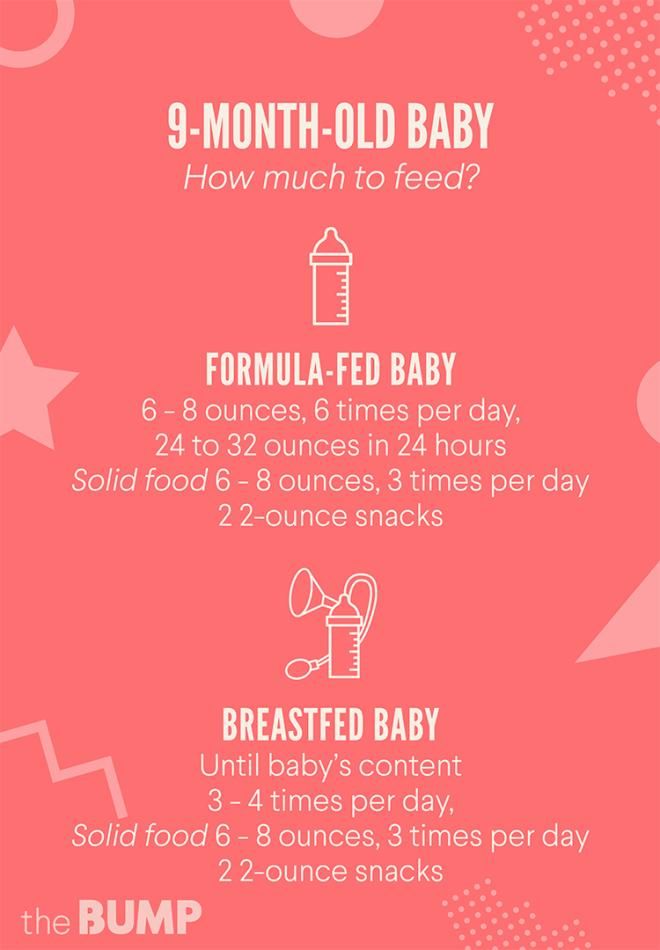
Why is my newborn feeding for hours on end?
Short answer: they don’t.
They may stay at the breast for a long time, but that doesn’t mean they are actively feeding.
If your baby will take a pacifier you’ll see that they will also suck at the pacifier while sleeping.
Encourage your baby to be awake for feeds and then, after 30 to 45 minutes, take baby off the breast and let them take a nap in their own crib.
Sources:
- The importance of schedules and routines
- Routines minimize chaos which promotes resilience and regulation
- Routines indicators of predictable family life contributing to childhood development
::
A Surprising Cause (And How To Help Baby Sleep)
What's in this post...
Did you know there’s something else that could be causing reflux type symptoms that ISN’T reflux? Reflux babies have trouble sleeping, but these tips help.
Babies with reflux have a hard time sleeping.
The End.
Okay, it’s not that hopeless. But it is hard.
Baby is uncomfortable and baby doesn’t find it easy to go to sleep if they are uncomfortable. Reflux causes pain in baby’s tummy, throat, and mouth and then can be woken up from sleep easier.
Gas often accompanies reflux and it can seem like a negative cycle.
Baby is uncomfortable. ➡️ Baby won’t sleep. ➡️ Baby is tired so doesn’t feed well. ➡️ Baby is hungry, overtired, and not resting or feeding well. ➡️ Baby is uncomfortable.
Our Story With Sleep And Baby Reflux…. Or Was It?
I’ll not soon forget the first round of baby vomiting.
My second born son would feed, feed, feed, then he’d throw up, have gas, and have trouble sleeping. I knew it takes some time for baby to “figure out how to feed.” So, I let the symptoms slide for a few weeks before mentioning them to my midwife.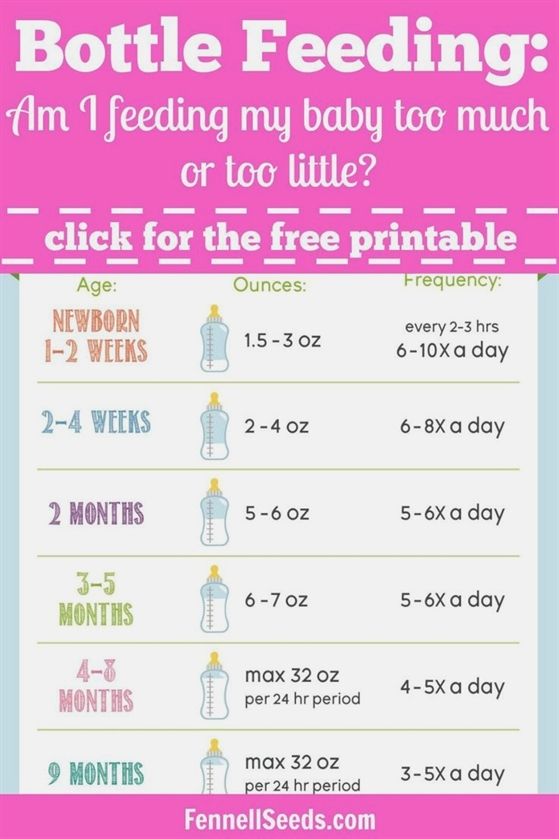
Maybe I was doing something wrong, I thought.
Turns out, I
was and I wasn’t.The doctor saw my son had reflux symptoms and prescribed some medicine for us. We lived near Sydney at the time and were planning a trip to the States, so I dutifully had it filled as part of our trip preparation.
I was a new mom and didn’t do enough research. Plus, I was frazzled traveling overseas with two babies 1 year and younger. I forgot to get the flight attendants to refrigerate the medicine.
By the time we landed, the medicine had turned a brownish color that signified it would no longer work.
I needed a new plan
My baby was around 2 months old and I’d had reflux medicine for about three days now it was gone. I was desperate to figure out the root cause of this, not just treat his symptoms. I started watching for what was happening while I was feeding.
It was going to be a few days until I could get him into a doctor here anyway.
Then, I noticed something interesting happening while I was feeding.
Baby seemed to be choking on the milk.
In fact, the milk was coming out so fast that he barely had time to swallow before it went down his throat, into his tummy, and out into his diaper.
The midwife had actually told me that a lot of the milk was undigested in his diaper because it was in and out so fast.
Why?Hyper-lactation.
One possible cause (certainly not all, consult your doctor and follow their recommendations) of reflux like symptoms is hyper-lactation. I found this term after tons of Googling, #thankyouverymuchGoogle.
Psst… you can track things like this using our daily baby logs.
Hyper-lactation essentially means mothers make more milk than strictly necessary for their baby. It often causes a very fast and aggressive letdown where milk comes out without much work on the baby’s part and it can often be painful for the mother.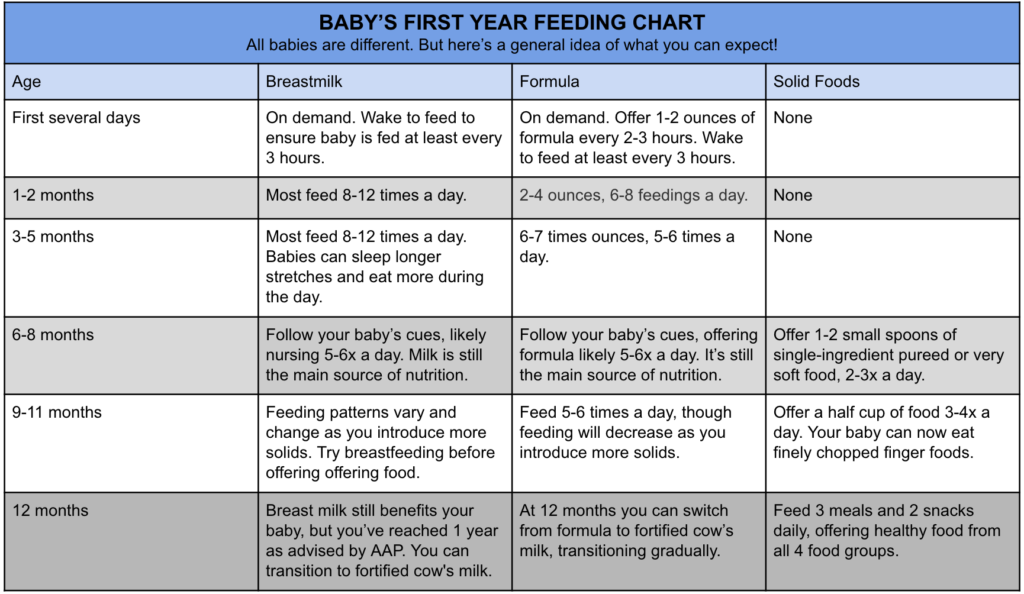
There can be a lot of engorgement and a foremilk / hindmilk imbalance that results in fussiness, gas, and reflux like symptoms in infants.
Once I was able to realize that hyper-lactation was the cause of the reflux like symptoms, I could do a few things during feeding that would help ease his symptoms.
Read: 12 Medical Reasons Why Your Baby’s Not Sleeping (With Symptoms of Each)
Baby is uncomfortable and baby doesn’t find it easy to go to sleep if they are uncomfortable. Reflux causes pain in baby’s tummy, throat, and mouth and then can be woken up from sleep easier.
Baby is uncomfortable and baby doesn’t find it easy to go to sleep if they are uncomfortable. Reflux causes pain in baby’s tummy, throat, and mouth and then can be woken up from sleep easier.
Read: The Top 10 Indicators It’s Time to Sleep Train
28 Things To Do If Baby Won’t Sleep CHECKLIST
Here’s a handy dandy list of 28 things to try so baby will stop fighting sleep and sleep longer and later.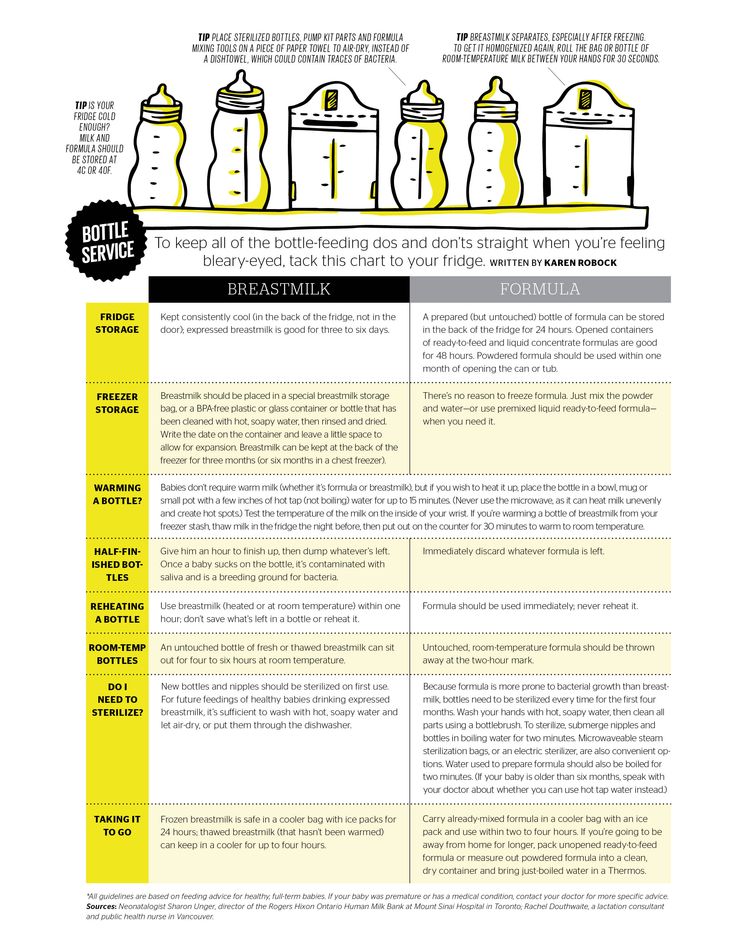
Tips For Feeding If You Suspect You’re Experiencing Hyper-Lactation
- When you are feeding and let down occurs, take the baby off for a bit and express (into a pump or nursing pad, etc.) and then put baby back on. This will “lessen the pressure.”
- Change position while feeding. Lie down or lay back and have baby on your chest so baby has to “work harder” to get the milk and gravity isn’t helping the milk come out at a faster than necessary rate.
- Nurse from one side at a time. If both sides have an aggressive letdown and you give baby both then they’re twice as likely to experience reflux symptoms. Instead, feed from one side fully for a long time. They’ll still get all the hindmilk rich in nutrients and have less foremilk.
- Wait until 3 months or so to do something drastic. After this time, witching hours should also be a thing of the past which will help you tease out the issue.
I had hyper-lactation with 3 of my babies and by 3 months or so all had evened out.
Read: Is Sleep Training a Baby Bad or Dangerous? Let’s Talk Facts!
But wait… how do you help babies with reflux sleep?
So with at least 3 babies who had reflux like symptoms, I learned a few things. The best you can do is to make super baby is well fed, help minimize their pain or discomfort, and create the right conditions for sleep.
But you can’t make baby sleep.
Truthfully, all my babies slept well because it was something I focused on.
When you focus on something you see results.
But it wasn’t without some struggle and – it goes without saying – comforting baby is always paramount.
Sometimes when baby is in pain it is the comfort of mom that will help him sleep. So I kept that in mind when I wanted them to sleep, but they wanted to be held or sat upright.
Read: Cocooning a Newborn & 7 Reasons Why it Can Be Good For The Family
Put The Crib At An Incline
Whether baby is sleeping in a crib or in a bassinet or wherever else, put the mattress at a safe incline that will help prevent some of the reflux from coming up.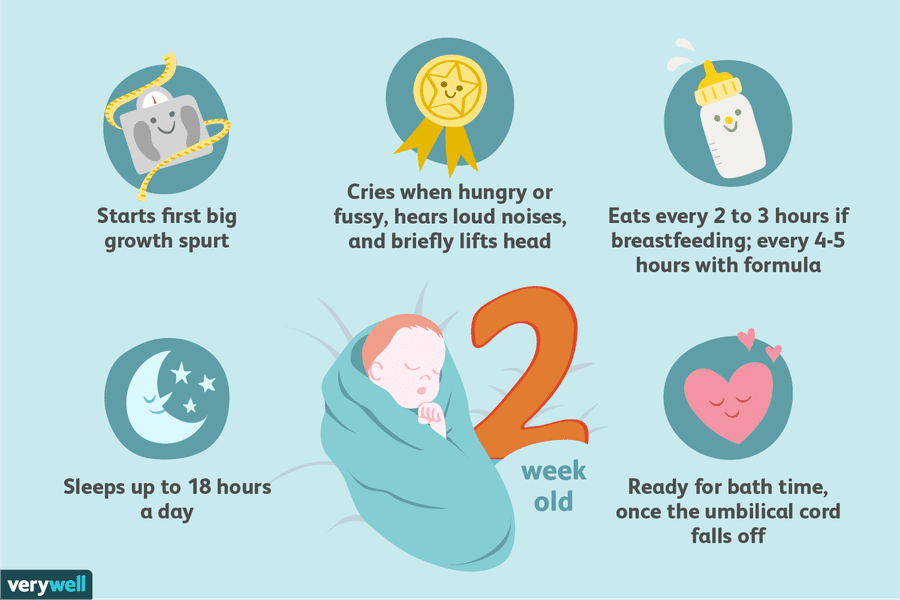
Same reason why older folks will sleep sitting up in a recliner (or why you did it while pregnant!) because gravity keeps the stomach acids down.
As long as the incline is not too steep that baby will tend to slide down it, then this will help position baby on his back with a better chance of getting to sleep comfortably.
We also have used towels or blankets under the mattress to achieve the same effect.
Baby Sleep Cards & Checklists
These lovely cards and checklists will help you create and keep healthy wind down and sleep routines for your little ones.
Learn More
Burp, Burp, Burp If Baby Has Reflux
I don’t know about you, but burping ain’t as easy as you think it will be. It doesn’t always result in a burp.
When I was in the throes of hyper-lactation I always made sure to burp for as long as it reasonably took until I felt sure baby wouldn’t have gas.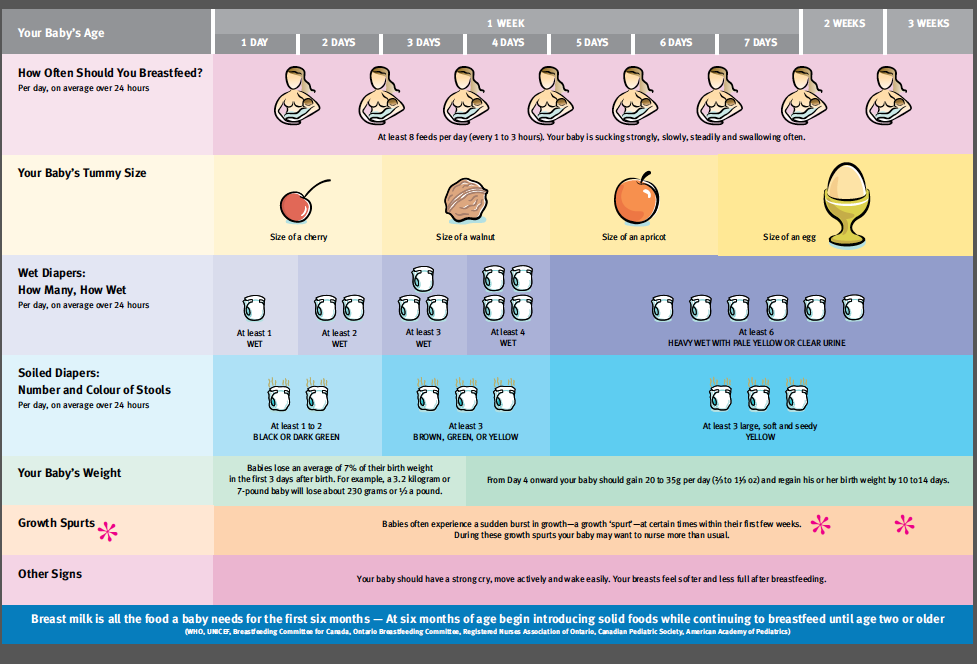
I knew if I’d missed one because at the 45 minute mark baby would wake up from a nap crying in pain. I’d often go to the crib and lift the baby and – as I did so – the baby would burp.
If baby goes to sleep and wakes after 45 minutes crying, there are usually two culprits.
- Baby has trouble transitioning through sleep cycles from passive to active (or vice versa) sleep. If baby has reflux it could be that while trying to transition they felt pain, gas or otherwise, and woke up.
- Baby has gas and wakes up crying. This type of cry is usually more one of pain or distress than the cry from #1 and you’ll know this was the case if you pick baby up and he or she burps quickly.
How to avoid this? More frequent burping throughout the feeding then really working to burp baby well before putting them down to rest.
Hold Baby Upright Before Naps
Another thing you can do is after feeding, burping, changing diapers, and before you put baby down to rest….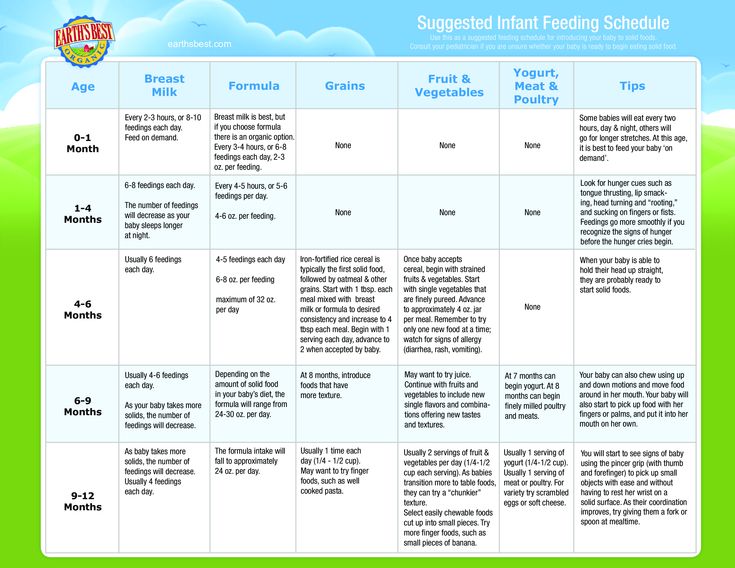 hold baby upright.
hold baby upright.
This may be upright on your chest, in an infant seat, on your lap or however else, but the key is to have the baby upright so that the discomfort from reflux type symptoms are minimized. According to Healthline…
“A horizontal position makes it easier for the stomach contents to reflux into the esophagus. The undeveloped digestive system is the reason why all babies are prone to experience acid reflux symptoms. “
The longer you keep baby in the horizontal position the better to minimize reflux discomfort for your little one.
Read: How to Stop Contact Naps (Peacefully)- and What to Do Instead
Ultimately, reflux is something that passes in most babies (though not all) around the time they begin sitting up for this very reason, so if you can hold baby upright pre-feeding then it will make a big difference.
Get Medicine If Necessary
Of course, if your baby is exhibiting signs of reflux I hope you’ve already taken them to the doctor and then followed the recommendations you were given.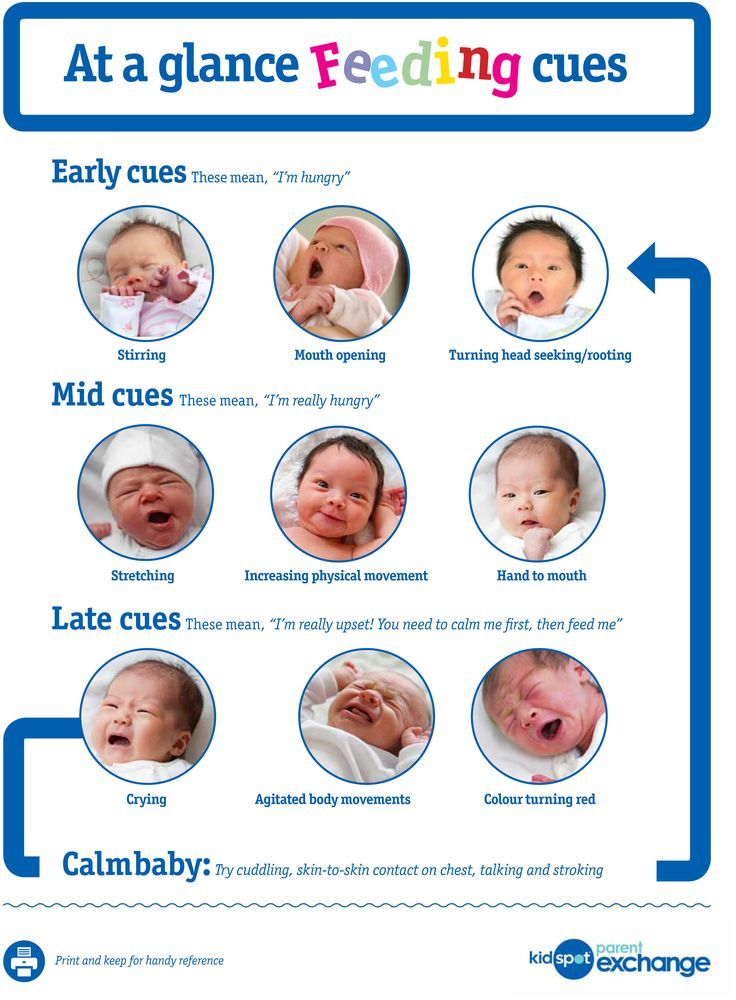
We are in an unprecedented time where the pendulum swung from enthusiasm for all medicines last century (vaccines! pills!) to a near current disdain for medicine.
Obviously we don’t want to over-medicate our kids when it isn’t necessary, but don’t be afraid to try what’s on the market if it’ll bring relief to your little one.
Comfort Baby And Know It Will Pass
Sleep Training Checklist
Ready for everyone to start sleeping better? Use this checklist to help you get there.
By 1 year of age, most babies will grow out of reflux.
This is because up to this point the baby’s esophagus is not fully formed. At around one year of age the esophageal sphincter muscle is more fully developed and will stop allowing the stomach contents back up into the esophagus.
While some continue to have reflux or GERD symptoms into toddlerhood, most do not.
Sleep Little Lamb
Create sustainable sleep habits for your little lamb so the whole family can sleep peacefully without the stress, drama, and tears.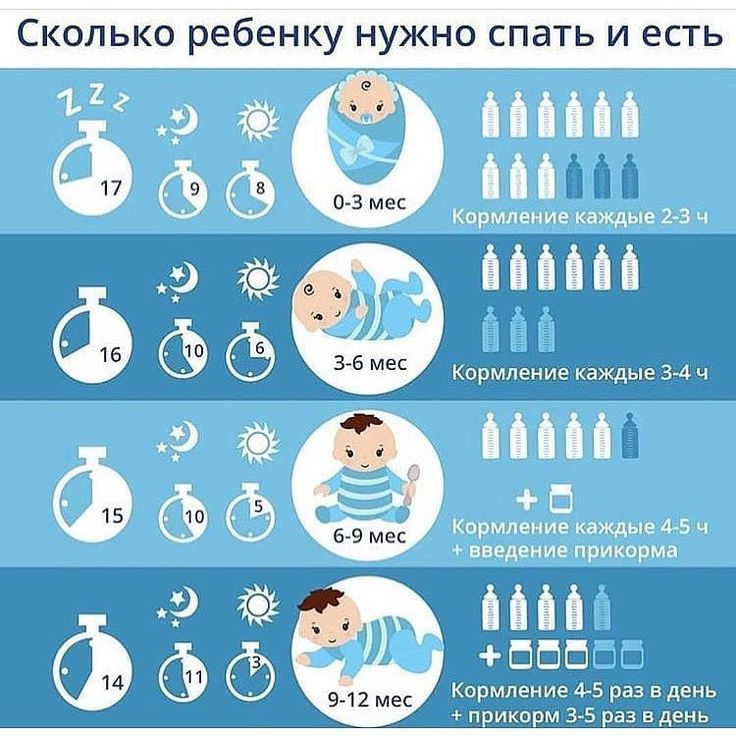
Learn More
So what does this mean ?It means the following…
- Comfort a baby who is in pain. Even if you are creating sleep props you’ll have to break later, a baby who is in pain isn’t going to sleep without some help anyway.
- Try and avoid overtiredness. It’s a myth that wearing baby out will make him sleep better. It’ll do the opposite.
- Set the stage for sleep. Use positive sleep associations, baby bedtime routines, and wind down routines to help baby get into the mood to sleep. Most will. Not all the time, but much of the time.
- Follow all The Things. Do all that the experts say to do to help relieve baby’s pain, including the gripe water and medication and watching your own diet for foods that contribute to reflux. Then… if baby won’t sleep… comfort baby.
As someone wise and a bit funny once said…
“This too shall pass… it may pass like a kidney stone, but it’ll pass.
”
::
The child asks for food every hour: feed according to the regimen or on demand?
Kizino Polina Aleksandrovna
pediatrician, perinatal psychologist
What should and should not be done if a newborn baby asks for food every hour? Polina Kizino, a pediatrician and leading expert of the Smart Mama online school, gives advice on breast milk and formula feeding, as well as on cluster feeding of an infant, which will help even experienced mothers. nine0003
— Polina Alexandrovna, why does the child ask for food every hour?
— A child needs frequent feedings at certain periods of his life and development. Here, the main problem is that often mothers do not distinguish between the child's need for food and his anxiety for other reasons. For them, a fussy baby is always hungry and needs to be fed. But acting by mistake, you can go beyond the norm.
— Is it worth keeping a baby's diet at all and how to avoid overeating? nine0010
— When breastfeeding, a baby can suck out different amounts of milk in different feedings and get hungry a little earlier or a little later, so a nursing mother needs to trust the baby more and follow his needs.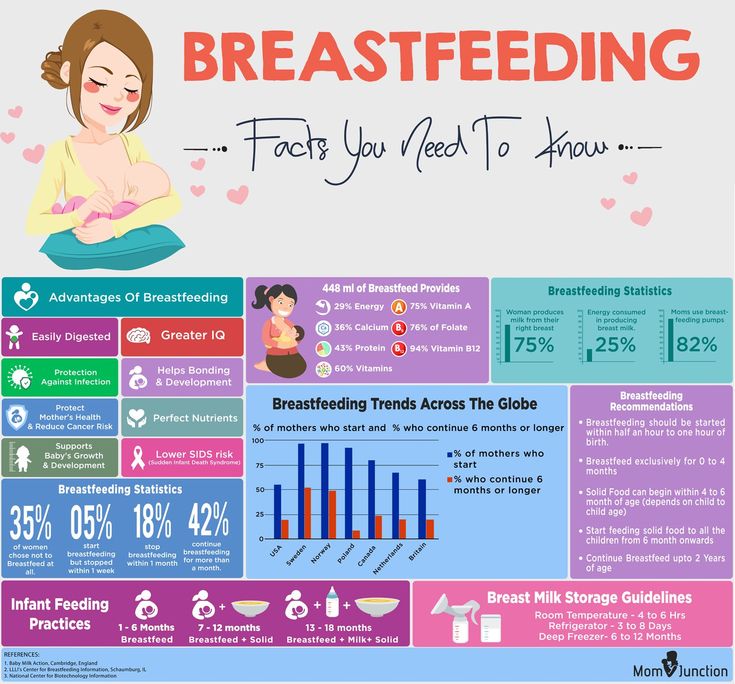 The mixture stays in the baby's stomach a little longer than breast milk, and to avoid overfeeding, clear intervals between bottles are introduced. Mixed feeding will be a cross between breastfeeding and artificial feeding.
The mixture stays in the baby's stomach a little longer than breast milk, and to avoid overfeeding, clear intervals between bottles are introduced. Mixed feeding will be a cross between breastfeeding and artificial feeding.
Overeating in a small child is rare. In extreme cases, if so much is eaten that the stomach does not hold food, the baby will spit up an extra amount of milk or formula. nine0003
Read also
- How much and how often to feed the baby day and night, and whether to set feeding hours.
How often to feed a newborn
— Why is the baby constantly hungry? And what if he often asks for food at night?
— With night feedings, you need to be careful and careful. When a baby asks for food and is fed every hour, this is called cluster feeding. It is acceptable for one or two days, but if this happens for a long time, it is not normal. nine0003
The problem is that frequent "snacking" may be a constant violation of the regime, due to the fact that the baby does not receive enough attention from his mother.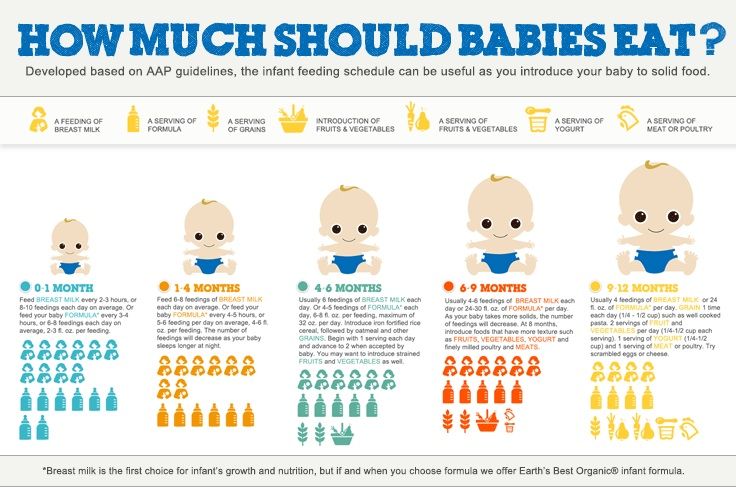 He may be full, but he needs to make contact with his mother, kiss her breast and thus relieve his anxiety. Therefore, you need to analyze the situation and try to understand why night feedings occur.
He may be full, but he needs to make contact with his mother, kiss her breast and thus relieve his anxiety. Therefore, you need to analyze the situation and try to understand why night feedings occur.
- Is it rational to reduce the amount of milk depending on the intervals between feedings?
— In the first month, you should not increase the intervals: on the contrary, you should try to stimulate lactation so that by the month it becomes mature. When a baby eats every three hours, and the mother suddenly takes a break, for example, at nine o'clock, this can affect the amount of milk later. nine0003
The baby is definitely growing. And if he received breasts at intervals of three hours quite regularly, then with the introduction of complementary foods, one feeding goes away, and the break becomes longer. With a systematic and gradual reduction in feeding, milk production adjusts to the rhythm of the baby's nutrition. The alternation of large intervals and frequent applications can negatively affect lactation.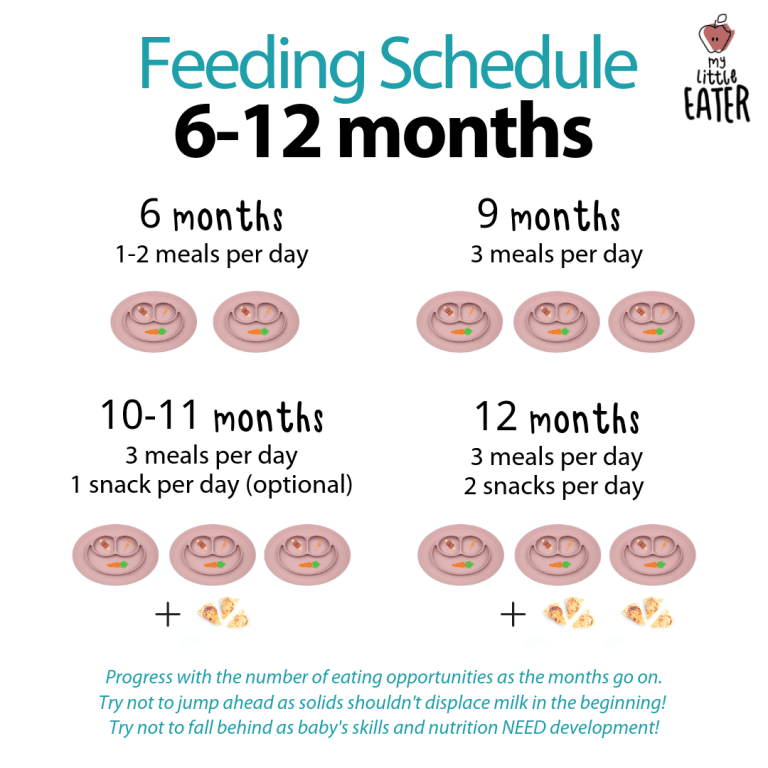 The body gets used to the lack of stimulation, and then it will be more difficult to increase the amount of milk in multiple feedings. Therefore, it is better to go to reduce breastfeeding gradually. nine0003
The body gets used to the lack of stimulation, and then it will be more difficult to increase the amount of milk in multiple feedings. Therefore, it is better to go to reduce breastfeeding gradually. nine0003
— Is feeding according to the schedule always a good thing?
- Feeding at the same time can be both a plus and a minus. Mom is calm, trying to adapt to the children's routine and understands what awaits her in the near future. The baby also adjusts to a certain routine, which gradually prepares him for complementary foods on schedule.
The disadvantages begin when the mother artificially tries to adhere to the regime, not relying on the needs of her baby and not “feeling” him. Even under a regime, allowance must be made for new circumstances. And if a child has a need for food, he does not need to refuse, especially a very small one who still does not know how to wait for physiological reasons. nine0003
— How to determine how much to give during one feeding?
- When breastfeeding, it makes no sense to calculate the volume, and it is difficult to measure it.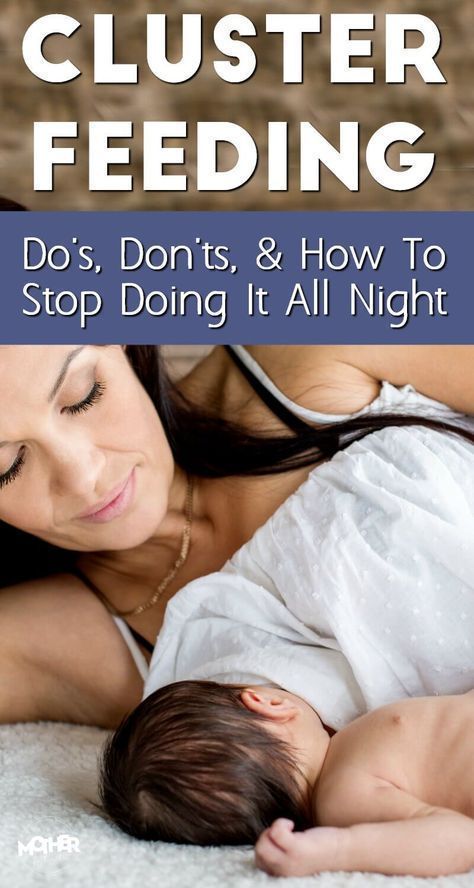 On artificial feeding, the calculation is based on the age and weight of the baby. Usually, the amount of food per day is calculated: it is divided by the number of feedings at the moment. For example, if a child eats every three hours, then the volume is divided by eight or seven, and for older babies - by fewer feedings. Each age has its own formulas and calculations. nine0003
On artificial feeding, the calculation is based on the age and weight of the baby. Usually, the amount of food per day is calculated: it is divided by the number of feedings at the moment. For example, if a child eats every three hours, then the volume is divided by eight or seven, and for older babies - by fewer feedings. Each age has its own formulas and calculations. nine0003
Approximate amount of infant formula by age and frequency of feedings
— How can you tell if a baby is gaining weight?
- We discussed earlier that at each age there are average norms (range) of weight gain. But gains above the norm does not mean the threat of obesity. Physiological features, height-weight proportions of the baby are taken into account. Even if the weight gain prevails over the increase in height, it is still not necessary to restrict the child in nutrition. It is important to meet his nutritional needs and not replace the milk/formula with water or dilute the formula with more water to reduce its calorie content.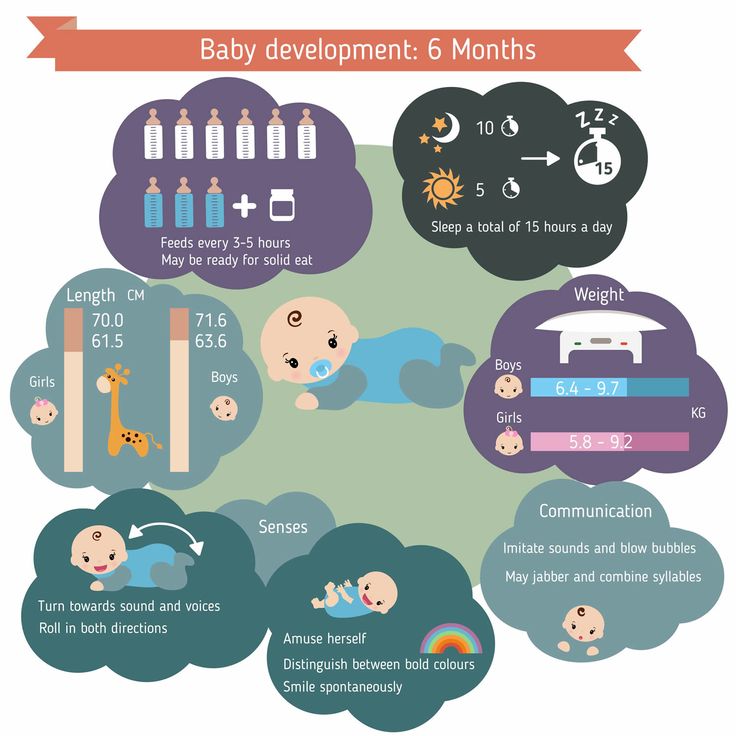 When nutrition is adequate, and the correct feeding regimen and eating behavior has developed in the family, as the child grows and masters new skills, the child will begin to expend more energy, and the reserves accumulated in previous months will quickly be used up. nine0003
When nutrition is adequate, and the correct feeding regimen and eating behavior has developed in the family, as the child grows and masters new skills, the child will begin to expend more energy, and the reserves accumulated in previous months will quickly be used up. nine0003
— When is it time for an overweight baby to see a doctor?
— Babies under one year old are seen by a pediatrician every month. At the appointment, the doctor can look at more pronounced weight gain and discuss whether the child is active enough for his age or needs stimulation. After all, it happens that babies are ready to crawl and roll over, and parents leave them to sit in a deck chair without the possibility of moving, or children spend a lot of time in a stroller, where they are also unable to realize their motor needs. nine0003
Don't forget about endocrine diseases that lead to obesity, although they occur very rarely. If necessary, the pediatrician will prescribe a consultation with an endocrinologist.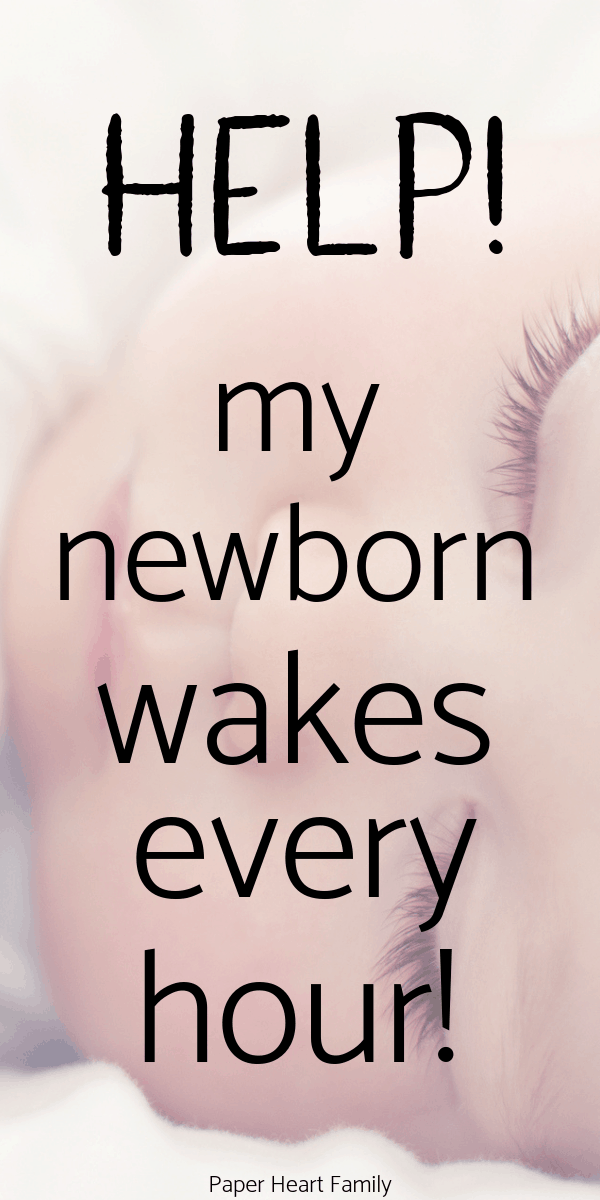
— What advice does the World Health Organization give about feeding children?
- WHO says baby should be breastfed on demand. Wants to eat every 40-60 minutes - you need to feed and not wait until he stops asking for a breast or the time between feedings is maintained. nine0003
However, a child's anxiety does not always indicate that he is hungry. Breastfeeding is not only about nutrition, but also about interaction. Sometimes breastfeeding becomes a satisfaction of the need not so much for food as for communication. If the child lacks attention, affection, care, then he can ask for a breast much more often, because at the time of feeding he has the opportunity to closely contact his mother.
— What are cluster feedings and why do they occur? nine0010
— Cluster feedings have been talked about relatively recently. These are situations when the baby is applied to the breast very often for some time, literally "hanging on the chest" to be with his mother.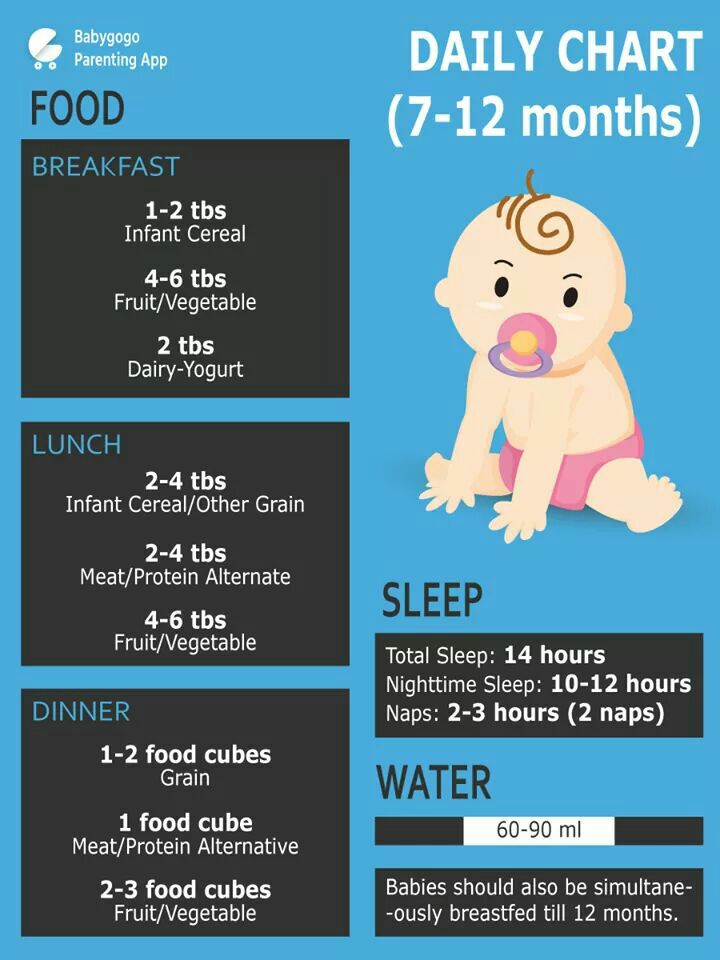
Peculiarities of cluster feeding:
- are often observed in babies of the first month of life;
- may appear in two to three months or recur sooner;
- often coincide with growth spurts, when the baby's excitability increases, he learns new skills, receives a lot of information from the outside; nine0027
- usually last one or two days, and if it drags on, then it is necessary to analyze the sleep and wakefulness regimen, the presence of overvoltage, the adequacy of the child's nutrition and, if necessary, take measures;
- are not related to the mother's diet - however, in such a rather difficult period, it is desirable that the mother does not have aggravating factors in the form of a strict diet, which will negatively affect her well-being and mood.
A small child depends on his mother. When his level of anxiety rises due to certain changes in the body, he wants his mother to be around as often and as long as possible. Being on his chest for a long time, he calms down. This condition is normal for a child, and there is no need to wait for him to stop asking for breasts or asking for pens. You need to come to terms with the fact that there are such periods in the life of a baby, and organize your life in such a way that frequent cluster feedings do not interfere (slings and other carriers help). nine0003
Cluster feedings occur less often on artificial feeding, because the baby does not associate food with mother as closely as with natural feeding. Mom has other ways of interacting with her baby that compensate for communication during feeding. Feeding on such days usually takes place, but the baby spends more time in her arms, and the mother is more actively involved in his life and pays more attention to him.
It is impossible and unnecessary to feed the child chaotically all the time. When breastfeeding, it is important to take into account the needs of the baby and try to choose something between a regimen and its complete absence.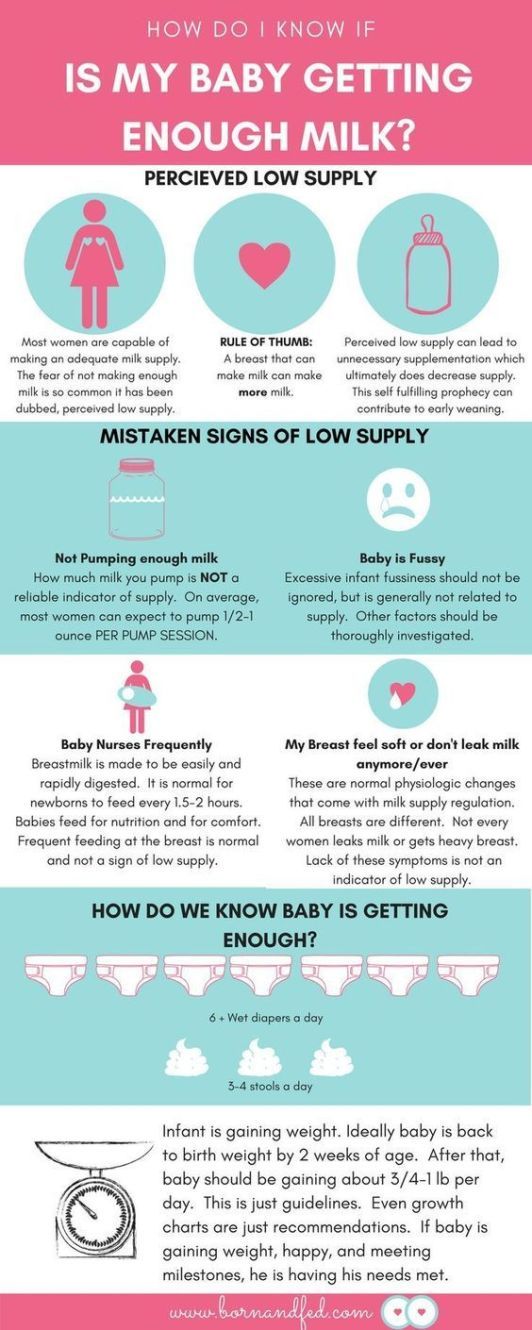 Artificial feeding is easier - the ideal regimen depends on the frequency of feeding in accordance with the age and weight of the baby. When a child begins to ask for food every hour, the first thing to decide is whether he is hungry or has some other need. There are times when a baby needs a mother and he needs more communication, a change in position, a feeding place. This is the norm, not a disease that needs to be treated. Mom needs to carefully observe her baby, learn to feel his needs, and everything will be in order. nine0003
Artificial feeding is easier - the ideal regimen depends on the frequency of feeding in accordance with the age and weight of the baby. When a child begins to ask for food every hour, the first thing to decide is whether he is hungry or has some other need. There are times when a baby needs a mother and he needs more communication, a change in position, a feeding place. This is the norm, not a disease that needs to be treated. Mom needs to carefully observe her baby, learn to feel his needs, and everything will be in order. nine0003
*The ideal food for a baby is mother's milk. WHO recommends exclusive breastfeeding for the first 6 months. MAMAKO ® supports this recommendation. Before introducing new foods into your baby's diet, consult with a specialist.
* Breast milk is the best food for babies. WHO recommends exclusive breastfeeding for the first 6 months of a child's life and continued breastfeeding after complementary foods are introduced until the age of 2 years. Before introducing new products into the baby's diet, you should consult with a specialist. The material is for informational purposes and cannot replace the advice of a healthcare professional. For feeding children from birth. The product is certified. nine0117
Before introducing new products into the baby's diet, you should consult with a specialist. The material is for informational purposes and cannot replace the advice of a healthcare professional. For feeding children from birth. The product is certified. nine0117
#advice for mom #breastfeeding
See also
Night feedings of a bottle-fed baby
#Advice for Mom
Kizino Polina Alexandrovna
pediatrician, perinatal psychologist
nine0002 Formula-fed#Advice for Mom
Kizino Polina Alexandrovna
pediatrician, perinatal psychologist
Diet and menu for a one year old baby
#Food #transfer to common table
Shalunova Anastasia Ivanovna
member of the Russian Union of Nutritionists, Nutritionists and Food Industry Specialists
See all
View all
Night feedings of a bottle-fed baby
# Tips for mom
Kizino Polina Alexandrovna
pediatrician, perinatal psychologist
Formula-fed regimen
# Tips for mom
Kizino Polina Aleksandrovna
pediatrician, perinatal psychologist
See all
View all
View all
Diet and menu for a one year old baby
# Lure # transfer to the general table
Shalunova Anastasia Ivanovna
member of the Russian Union of Nutritionists, Nutritionists and Food Industry Specialists
See all
Top
The child often asks for breasts: how to understand that the child does not have enough milk? | Nutrilak
02/07/2020 145540 nine0003
Article content
- Breastfeeding at a glance
- Neonatal psychology
- Why the child is hungry
- Appetite changes
- How to tell if your baby is getting enough milk
- How long should one feeding last
The birth of a baby is a joyful event, but it is also associated with worries and experiences.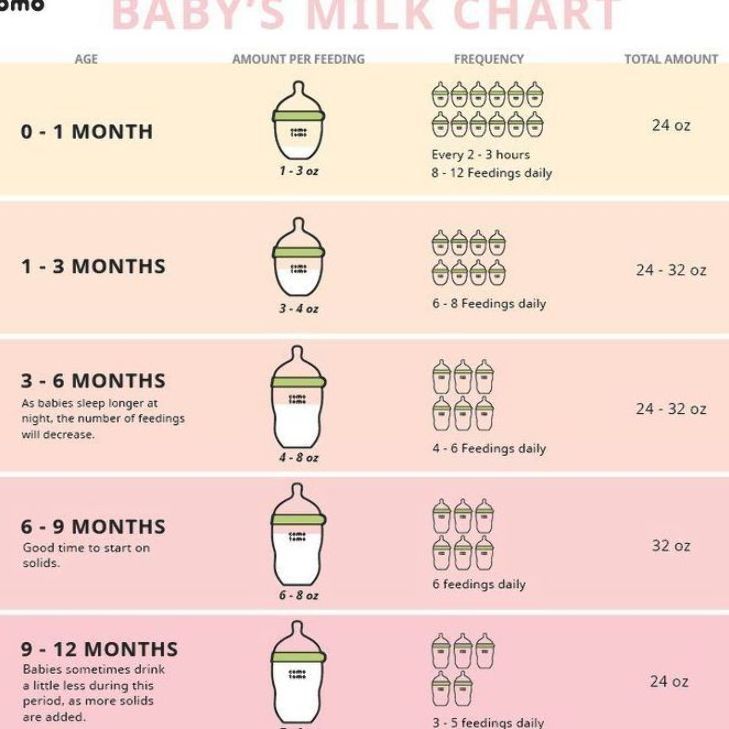 Especially if the child in the family is the first of the parents, there are many questions that are not so easy to prepare in advance. One of them: “Why does a child often ask for a breast?” nine0003
Especially if the child in the family is the first of the parents, there are many questions that are not so easy to prepare in advance. One of them: “Why does a child often ask for a breast?” nine0003
Briefly about breastfeeding
Mother's milk is the best food for a newborn. It contains in the right proportion important substances for growth, development, and protection against infections. It is always at the right temperature, it does not need to be cooked and thought about storage. In addition, the lactation process adapts to the needs of the baby: the breast produces exactly as much milk as the baby needs. Pediatricians agree that it is not worth restricting a child in breast milk in the first month after birth, and then the baby will form his own feeding regimen. And yet, many mothers are worried if the baby began to ask for breasts more often. Is it related to hunger and lactation disorders? Or is something bothering the child, and in this way he seeks solace? Let's consider these questions in more detail. nine0003
nine0003
Neonatal psychology
Breastfeeding is not just a process of satisfying hunger, but also a close psycho-emotional connection between the baby and the mother. In his mind, they continue to remain one, and separation is perceived painfully. Thus, there are 2 main psychological points why a child often asks for breasts:
- The baby is accustomed to the mother's body - it is a familiar environment, where it is warm and safe, and the beating of the heart has a calming effect. After birth, the child enters a new world for him, where there are many unfamiliar sounds, smells, and pictures. It is especially difficult to lie alone in a crib, which seems huge when you get used to the pleasant crampedness. The natural desire is to hide. And the most suitable place is under the mother's breast. There is warmth, a familiar smell and a beating heart. And mother's hands create a cozy cradle. nine0027
- The areola around the nipple contains Montgomery's glands, which secrete a secretion that smells like amniotic fluid.
 This smell is familiar, it gives a sense of security and the baby calms down.
This smell is familiar, it gives a sense of security and the baby calms down.
Why is the child hungry
Contact with the mother, of course, is not the only reason why the baby asks for a breast. The natural response to hunger is the desire for breasts. In addition, in infants, the stomach is able to hold a small amount of food, and the process of sucking is difficult for them. Saturated and tired, newborns fall asleep. But the rapid digestion of milk again causes a feeling of hunger. No matter how hard it is for the mother, it is not worth denying the baby the breast, since the subsequent lactation process and the formation of a sufficient amount of milk depend on it. Including night feedings are very important, since from 3 to 8 in the morning more of the hormone prolactin is produced, which contributes to the production of milk. But if the child began to often ask for breasts, the mother begins to worry about whether he has enough food and whether everything is in order with lactation.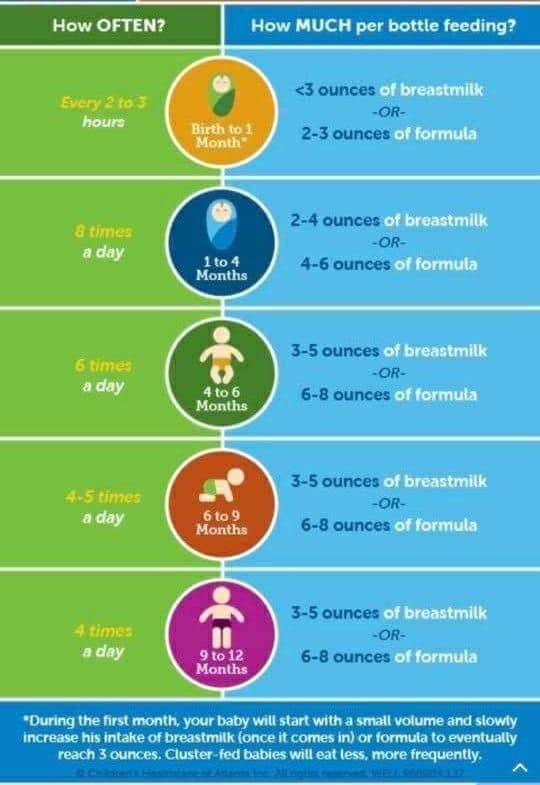 Let's analyze the possible reasons for such a famine: nine0003
Let's analyze the possible reasons for such a famine: nine0003
- baby only eats foremilk. And it actually quenches thirst. Back milk is more fatty, it is it that brings saturation;
- the baby does not latch on properly. It is very important from the very beginning to monitor how the baby captures the areola of the nipple. How to check: the baby's mouth is wide open, the lips are turned out, the tongue lies under the areola, the nipple is deep (at the base of the tongue), the tip of the nose and chin are pressed to the chest;
- mother's lack of milk. Such a problem can occur for various reasons (malnutrition, stress, illness, etc.), but it is important to seek help from a specialist in time and start taking action. nine0027
3 more reasons why a child may ask for a breast. At the same time, the mother may think that he is hungry, but in fact the baby has:
- the sleep mode has gone astray. Often a child needs a breast not to satisfy hunger and thirst, but to calm down and fall asleep;
- have problems with the tummy.
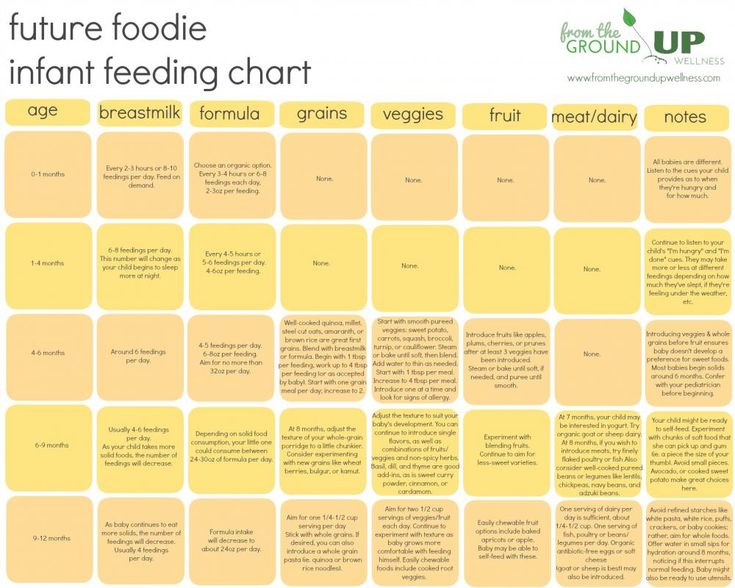 Gas and colic are a common problem in babies. Experiencing pain and discomfort, the baby seeks to calm himself in the usual way and asks for a breast; nine0027
Gas and colic are a common problem in babies. Experiencing pain and discomfort, the baby seeks to calm himself in the usual way and asks for a breast; nine0027
- activity has changed during the day. Experts believe that regardless of the type of feeding, babies behave more restlessly in the afternoon.
Appetite changes
In the first year of life, the child grows very quickly. Changes in his body are also reflected in his appetite: it can change in certain periods.
Lactation crisis . During this period, the woman's body adapts to the needs of the baby. If there was even a short break in feeding, then the volume of milk decreases slightly. Because of this, the child may experience a feeling of hunger. That's why he starts asking for breasts more often. nine0003
Growth spurts . The child grows either faster or slower, which is reflected in the appetite. During such periods, there is the greatest hunger and frequent demand for breasts.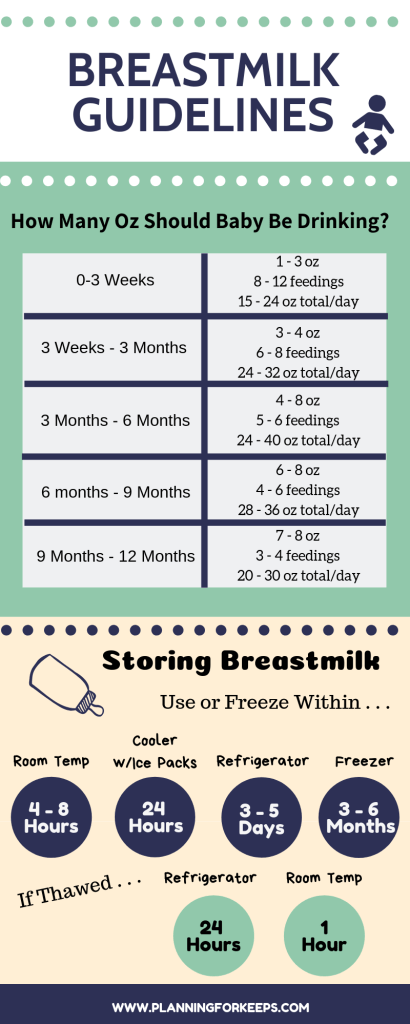 To deny the baby in his natural needs is not worth it.
To deny the baby in his natural needs is not worth it.
How to tell if your baby is getting enough milk
In the first days after birth, the baby eats an average of up to 30 ml of mother's milk per feeding. It’s not scary if he ate more one time and less the next, most likely he will just ask for the breast again faster. As a rule, with a normal feeding regimen and a sufficient amount of milk from the mother, by the age of one month, the weight of the child increases by 500-600 g. And yet, how to understand that the child has enough milk? There are 2 easy ways to do this. nine0003
Wet diaper test . Calculating the daily number of acts of urination and defecation of the crumbs allows you to give a very clear answer to the question of whether the baby has enough food. The age of newborns in a certain way affects the number of "going to the toilet." So, in 3-4 weeks of life, children walk "in a small way" 20-25 times a day. When using diapers, it is very difficult to follow this.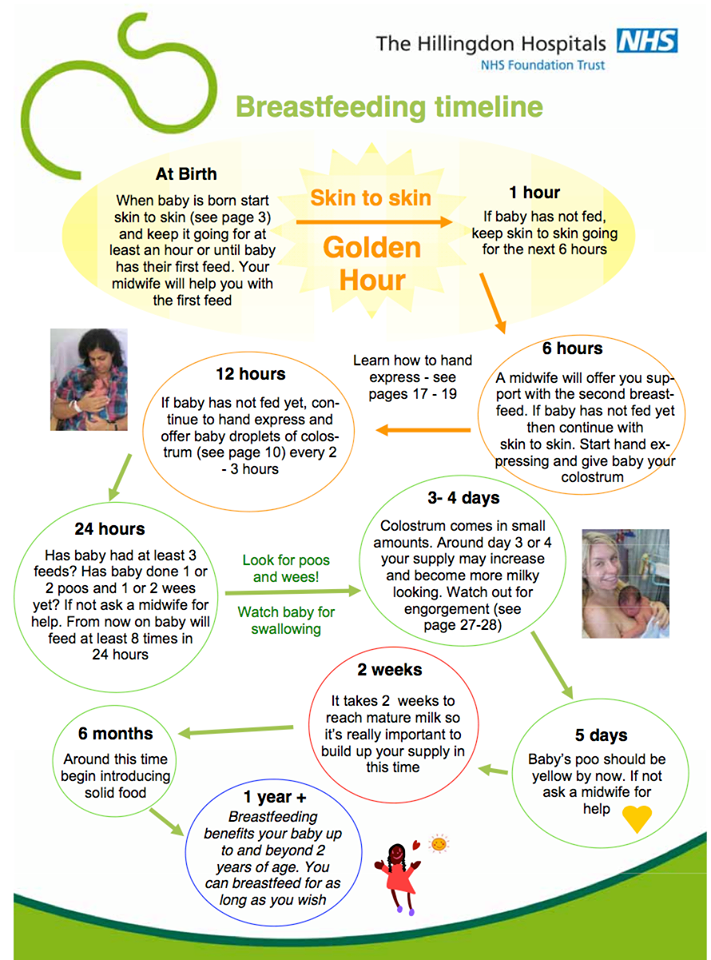 Therefore, for a while they will have to be abandoned in favor of diapers. If the baby urinates 20-25 times, and at the age of 6 months to 1 year - 15-16 times, then his mother's milk is enough for him. Reducing the number of urination to 8-10 times a day suggests that the production of breast milk in a woman has decreased. And if there are less than 6 used diapers, this is a clear sign that the baby does not have enough mother's food. In this case, it is necessary to urgently consult with a pediatrician. nine0003
Therefore, for a while they will have to be abandoned in favor of diapers. If the baby urinates 20-25 times, and at the age of 6 months to 1 year - 15-16 times, then his mother's milk is enough for him. Reducing the number of urination to 8-10 times a day suggests that the production of breast milk in a woman has decreased. And if there are less than 6 used diapers, this is a clear sign that the baby does not have enough mother's food. In this case, it is necessary to urgently consult with a pediatrician. nine0003
Weighing. To control the amount eaten, many mothers buy special baby scales. How to use them correctly? To do this, take a sheet of paper, draw a table on it. The first column is the time, the second is the weight before feeding, the third is the weight after eating. Next, you need to weigh the hungry baby, write down the data and attach it to the chest. After feeding, also record the weighing information in the table.
nine0030 How long should one feeding last The answer to this question is purely individual and depends only on the baby himself, because each crumb already has its own character.